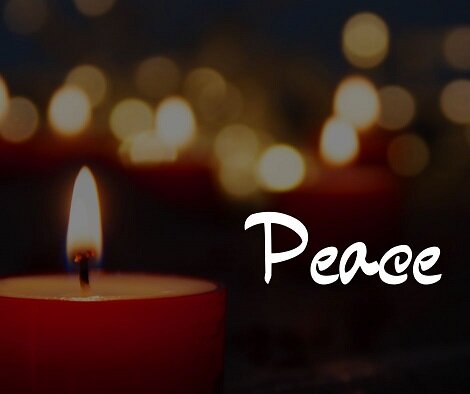What are you praying for in 2020?
/If you’re into new year resolutions, you’ve probably made yours by now. You’ve set your goals for a level of activity or a target for where you’ll tip the scale. You’ve resolved to learn a new hobby or break an old habit. It’s great to have a goal that keeps us moving forward toward something positive. At the same time, we need to recognize that 2020 isn’t ours to make happen. The most important things, the most life-changing things that happen this year are probably not the things you can generate or prevent.
This leads to another question: What are you praying for in 2020? What are you asking God to do in your life, your family, your career? In addition to my personal goals, there are things that only God can do. So in addition to my resolutions, I will be asking God for some specific things this year. Among them are two new LifeGroups, the parole of a prisoner I’ve visited and written, and that our church would grow in prayer. What about you? What are you praying for in 2020? It may be that the things you pray for will end up being much more important than the resolutions you’ve made.






















